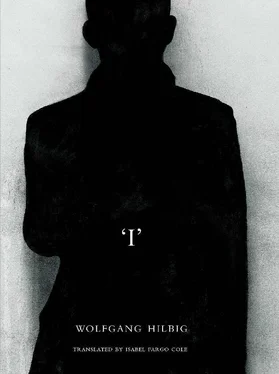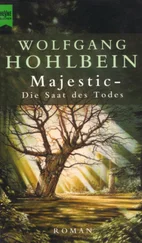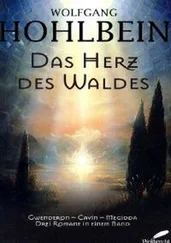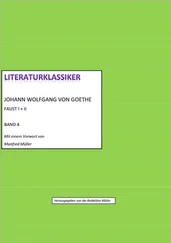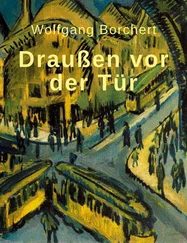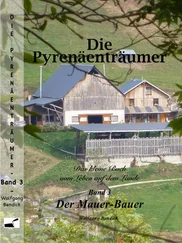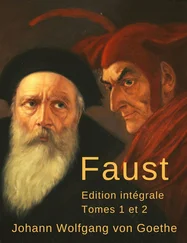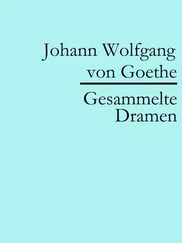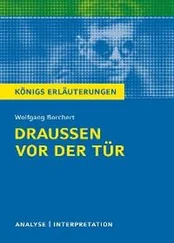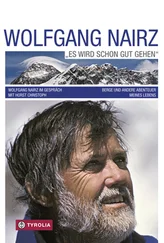.
.
Notes
Christa Wolf was listed as an IM for the years 1959–61. The Stasi complained of her lack of cooperation, and she was dropped from the rolls and subjected to nearly three decades of surveillance herself. Heiner Müller, who had suffered official reprisals due to his critical work in the 1960s, was accused of a decade-long Stasi connection beginning in the 1970s. See ‘Die ängstliche Margarethe’, Der Spiegel 4, 25 January 1993 (available at: http://www.spiegel.de/spiegel/-print/d-13680284.html [last accessed on 1 April 2015]); ‘Krieg der Köpfe’, Die Zeit 4, 22 January 1993 (available at: http://www.zeit.-de/1993/04/krieg-der-koepfe [last accessed on 1 April 2015]). [Back to Text]
Joachim Walther, Sicherungsbereich Literatur. Schriftsteller und Staatssicherheit in der Deutschen Demokratischen Republik (Security Sector Literature: Writers and State Security in the GDR) (Berlin: Ch. Links Verlag, 1996), p. 640. [Back to Text]
Ibid., pp. 640–1. [Back to Text]
Elke Erb and Sascha Anderson, Preface to Berührung ist nur eine Randerscheinung. Neue Literatur der DDR (Cologne: Kiepenheuer und Witsch, 1986) (available at: http://www.planetlyrik.de/sascha-anderson-elke-erb-hrsg-beruhrung-ist-nur-eine-randerscheinung-/2010/06/ [last accessed on 4 September 2014]). [Back to Text]
Sascha Anderson, interview in Stern (15 June 2001). [Back to Text]
Wolfgang Hilbig, quoted in Birgit Dahlke, Wolfgang Hilbig (Hanover: Wehrhahn Verlag, 2011), p. 101. [Back to Text]
Lutz Kornel-Nitsche, email to translator, 20 November 2013. [Back to Text]
See Karim Saab’s interview with Hilbig in Uwe Wittstock (ed.), Wolfgang Hilbig: Materialien zu Leben und Werk , (Frankfurt: Fischer Taschenbuch Verlag), p. 222–8: ‘They tried to recruit me, but I was not vulnerable to threats. In the boiler room, I could hardly sink any lower in the social hierarchy. [. .] Emotionally, I fled to my colleagues and said: The Stasi is here and is trying to recruit me! The workers [. .] gave me the security I needed’ (p. 223). Once he had thus ‘deconspired’, the Stasi ceased its recruitment attempts. [Back to Text]
Ibid., p. 224. [Back to Text]
Kornel-Nitsche, email to translator, 3 December 2012. [Back to Text]
Bärbel Heising, ‘ Briefe voller Zitate aus dem Vergessen ’ : Intertextualität im Werk Wolfgang Hilbigs (Frankfurt: Peter Lang, 1996), pp. 188–91. [Back to Text]
Kornel-Nitsche, email to translator, 20 November 2012. [Back to Text]
Dahlke, Wolfgang Hilbig , pp. 21–2. [Back to Text]
Ibid., pp. 32–5; Kornel-Nitsche, personal conversations with translator. [Back to Text]
Ibid., p. 35. [Back to Text]
‘Ich komme aus dem Wald’, interview with Hilbig, Berliner Zeitung , 26 October 2002. [Back to Text]
Dahlke, Wolfgang Hilbig , pp. 43–4. [Back to Text]
Cited in Dahlke, Wolfgang Hilbig , p. 51. For many East German intellectuals, the venerable Leipzig Book Fair was a rare chance to get their hands on Western literature, reading, copying or even filching books at the stands. [Back to Text]
Ibid., p. 47. [Back to Text]
Cited in ibid., p. 45. [Back to Text]
Ibid., p. 68. [Back to Text]
Ibid., p. 70. [Back to Text]
Franz Fühmann, Praxis und Dialekt der Abwesenheit (Practice and Dialect of Absence) in Franz Fühmann: Werke , vol. 6 (Rostock: Hinstorff, 1993), pp. 459–74. [Back to Text]
A year later, Fühmann collaborated with Anderson on an anthology of young writers which was ultimately unable to appear in the GDR. It served as the basis for the later Berührung . See Klaus Michael, ‘Eine verschollene Anthologie’ (A Lost Anthology) in Peter Böthig and Klaus Michael (eds), Machtspiele: Literatur und Staatssicherheit (Power Games: Literature and National Security) (Leipzig: Reclam Leipzig, 1993), pp. 202–16. [Back to Text]
Dahlke, Wolfgang Hilbig , p. 74. [Back to Text]
Ibid., p. 85. [Back to Text]
Hilbig: Eine Erinnerung (Hilbig: A Reminder), documentary film, directed by Siegfried Ressel (a + r Films, 2011). [Back to Text]
Dahlke, Wolfgang Hilbig , p. 71. [Back to Text]
